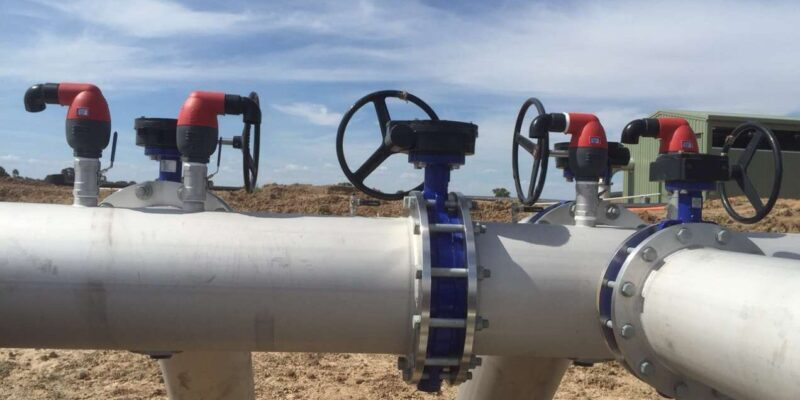The Tilenga and Kingfisher oil projects in Uganda have reached significant milestones, marking substantial progress in the East African nation’s ambitions to become a major oil producer. These projects, operated by TotalEnergies and China National Offshore Oil Corporation (CNOOC), respectively, are pivotal to Uganda’s plans to tap into its vast oil reserves, estimated at over 6.5 billion barrels.
In recent updates, TotalEnergies announced that the Tilenga project, located in the Lake Albert region, has successfully drilled its first oil well. This marks a critical step towards achieving the project’s first oil target by 2025. The Tilenga project, which includes the development of six oil fields, is expected to produce up to 190,000 barrels of oil per day at peak production.
Similarly, the Kingfisher project, operated by CNOOC, has also reached a crucial phase with the completion of the central processing facility’s foundation. This facility is designed to process up to 40,000 barrels of oil per day. With the foundation now complete, CNOOC is moving forward with the installation of essential equipment to meet its first oil target, also set for 2025.
The progress on these projects is a major boost for Uganda’s oil sector, which has been in development for over a decade. The discovery of oil in Uganda in 2006 was met with excitement, but the journey to production has been fraught with delays due to regulatory challenges, infrastructure development, and negotiations with international oil companies.
Patrick Pouyanné, CEO of TotalEnergies, expressed optimism about the future of the Tilenga project. “The successful drilling of our first well is a testament to the dedication and hard work of our teams on the ground. We are committed to delivering first oil by 2025 and are confident in Uganda’s potential to become a key player in Africa’s oil industry,” Pouyanné said.
The projects are not without controversy, however. Environmentalists and local communities have raised concerns about the potential impacts on the sensitive ecosystems around Lake Albert and the livelihoods of those who depend on it. The Lake Albert region, where both projects are located, is known for its rich biodiversity and is home to numerous wildlife species and the Murchison Falls National Park.
To address these concerns, both TotalEnergies and CNOOC have committed to implementing rigorous environmental and social safeguards. This includes comprehensive environmental impact assessments, community consultations, and investment in conservation initiatives. TotalEnergies, in particular, has emphasized its commitment to minimizing environmental disruption and ensuring that local communities benefit from the oil developments.
The Ugandan government has also played a key role in facilitating these projects, having recently signed off on a $10 billion Final Investment Decision (FID) for the Lake Albert Development Project. This decision, made in partnership with TotalEnergies and CNOOC, paves the way for the construction of a 1,445-kilometer heated pipeline—the East African Crude Oil Pipeline (EACOP)—that will transport crude oil from Uganda to the port of Tanga in Tanzania.
The pipeline project, however, has attracted international criticism and calls for its cancellation, particularly due to concerns over its environmental impact and the potential displacement of communities along its route. Despite this, Uganda and Tanzania remain steadfast in their commitment to the EACOP, citing the economic benefits and job creation it is expected to bring.
Uganda’s Energy Minister, Ruth Nankabirwa, has reiterated the government’s commitment to responsible oil development. “We are fully aware of the challenges and concerns associated with oil production. Our focus remains on ensuring that the benefits of oil are felt by all Ugandans and that our environment is protected for future generations,” Nankabirwa stated.
As Uganda inches closer to becoming an oil-producing nation, the successful advancement of the Tilenga and Kingfisher projects marks a new chapter in the country’s economic development. With the potential to significantly boost Uganda’s economy and provide a much-needed source of revenue, these projects are seen as critical to the nation’s future.
However, with the promise of oil comes the responsibility to manage it sustainably. The coming years will be crucial in determining whether Uganda can balance its oil ambitions with the need to protect its unique environmental heritage and ensure inclusive growth.
Source: Oil Review Africa



